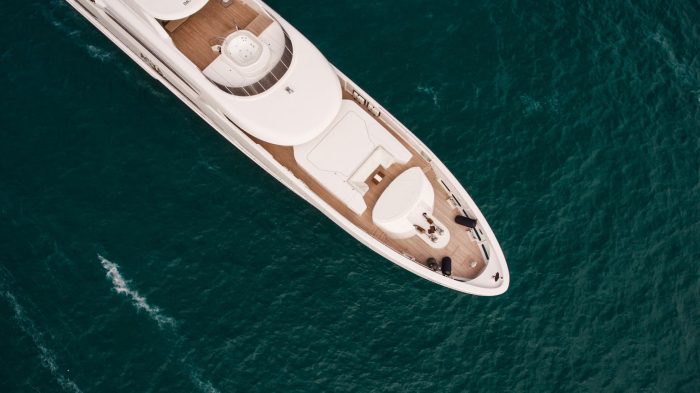
Filters
All Articles

How seafarers lose their tax-free status (And how to avoid it)
We’ve completed hundreds of tax returns for our customers and over time some clear patterns have emerged around why people fall foul of the Seaf...


We’ve completed hundreds of tax returns for our customers and over time some clear patterns have emerged around why people fall foul of the Seaf...